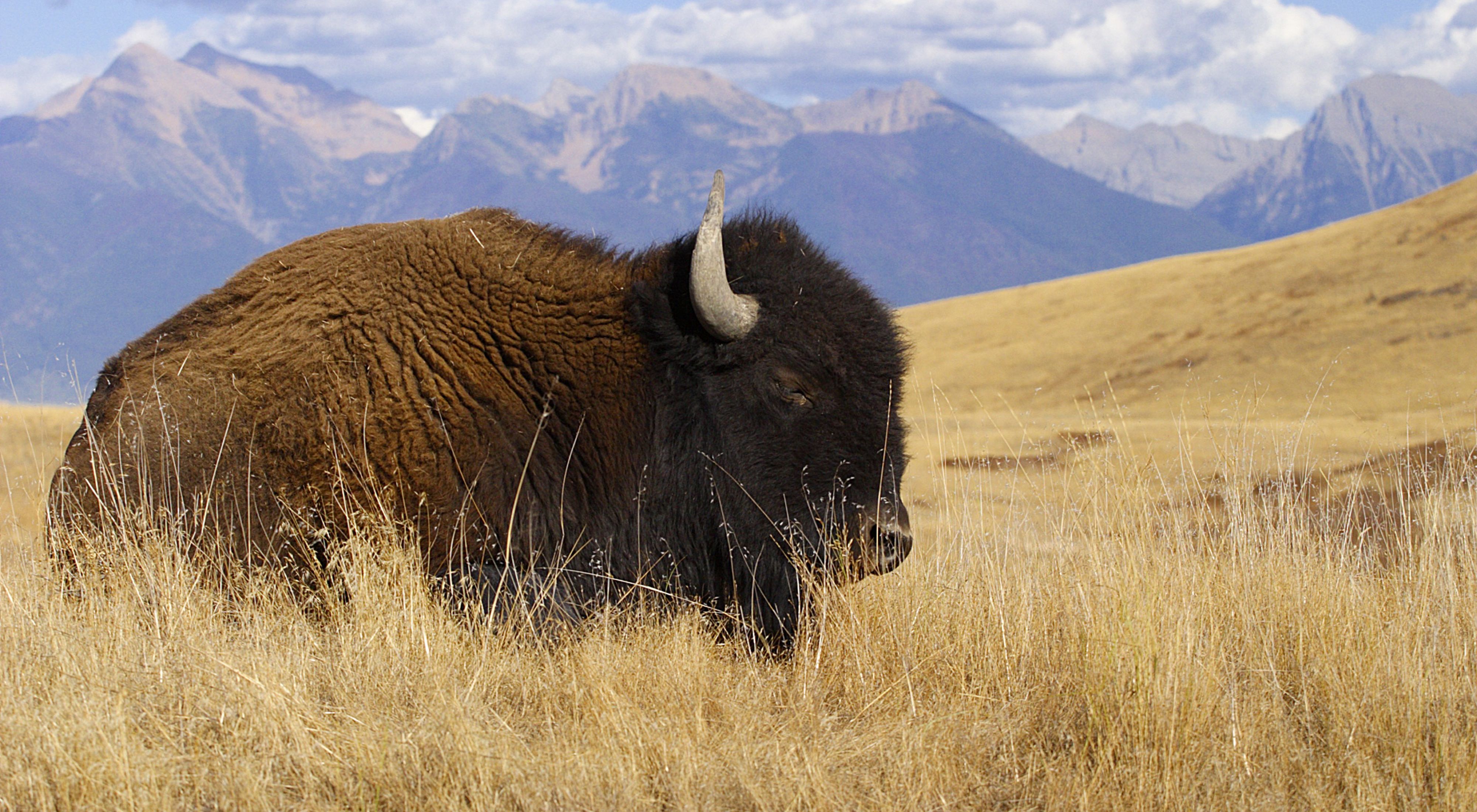April 3, 2023
(press release)
–
Senators yesterday proposed the largest investment in U.S. wildlife conservation in decades, restarting an effort on legislation nearly passed in the last Congress. The Recovering America’s Wildlife Act (RAWA) would invest $1.397 billion per year in state and Tribal efforts to help wildlife at risk of extinction and help those already endangered recover. The bill is sponsored by Sens. Martin Heinrich, D-N.M., and Thom Tillis, R-N.C. States and Tribes have a long track record of success in helping recover species before they require the far more costly “emergency room” intervention of the Endangered Species Act. From restoring wildlife habitat to fighting invasive species, this conservation work has multiple benefits for local communities, including job growth, cleaner water, and more outdoor recreation opportunities. The following is a statement by Jennifer Morris, CEO of The Nature Conservancy: “America’s wildlife is in crisis. More than a third of our fish and wildlife species are at risk of extinction, just one part of a global biodiversity decline threatening the future of people and nature alike. This crisis demands immediate and substantial investment in strategies proven to slow, stop, and reverse this decline. “State and Tribal wildlife agencies are uniquely positioned to restore America’s biodiversity. For decades, they’ve implemented time-tested, on-the-ground strategies proven to conserve species and their habitats. The Recovering America’s Wildlife Act would be the shot in the arm these agencies need, allowing them to ramp up work that benefits both species and the communities where they live. “Last Congress, there was overwhelming, bipartisan momentum for this bill. Reintroducing so soon is not only a sign that momentum has not let up but also how important it is to save America’s biodiversity. We simply have no time left to waste. In this period of divided government, this is an opportunity for lawmakers to find common ground and build on the remarkable, bipartisan progress Congress has made in recent years on conservation. We urge lawmakers to quickly pass this bill to accelerate the work we need to save America’s wildlife.”
* All content is copyrighted by Industry Intelligence, or the original respective author or source. You may not recirculate, redistrubte or publish the analysis and presentation included in the service without Industry Intelligence's prior written consent. Please review our terms of use.





